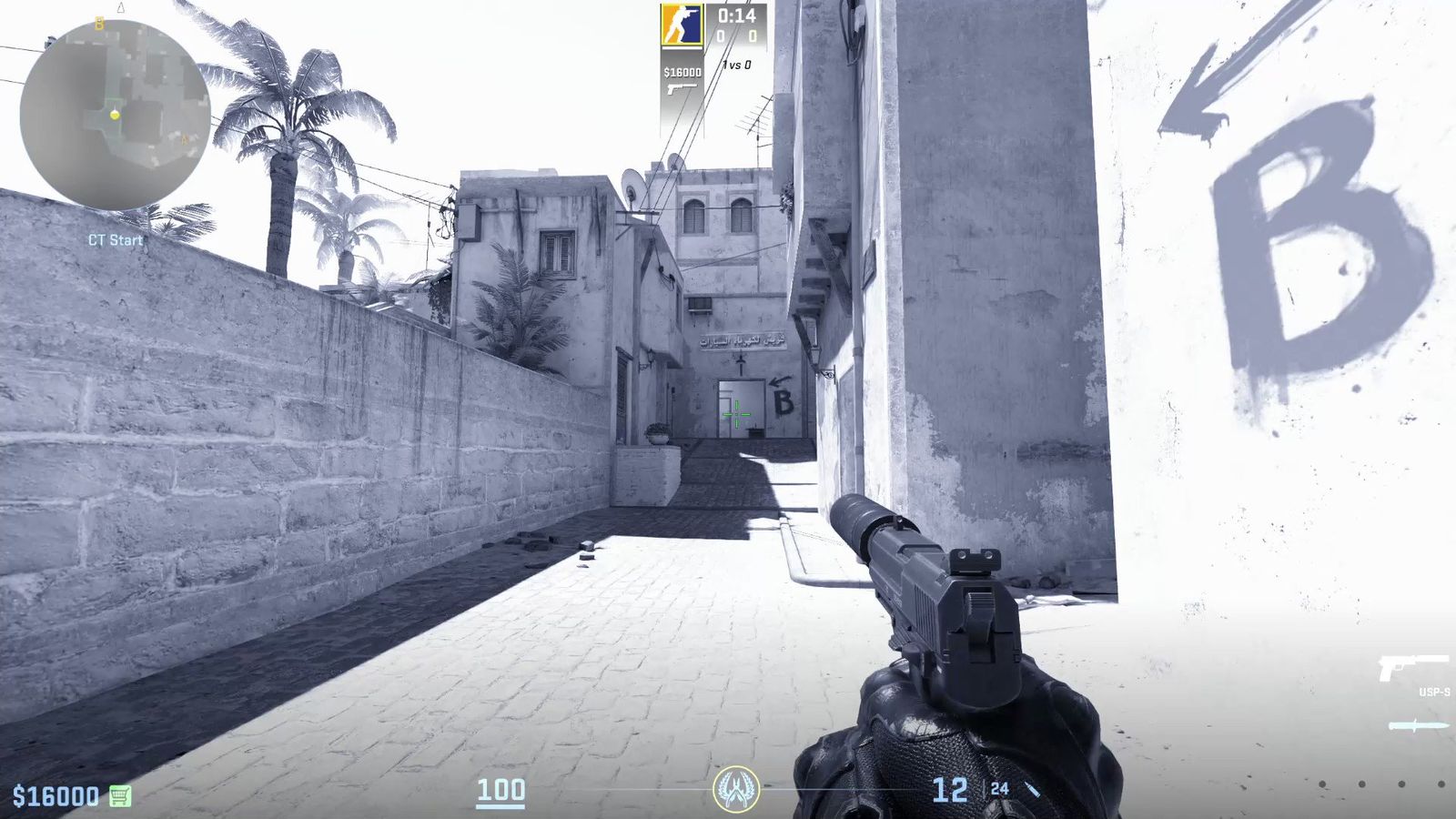Beauty Reports: Trends & Tips
Stay updated with the latest in beauty trends, tips, and product reviews.
Leading from the Front: Why Every CS2 IGL Needs to Be a Mind Reader
Unlock the secrets of successful CS2 IGLs! Discover why mind reading is the ultimate skill for leading your team to victory.
The Art of Anticipation: How IGLs in CS2 Can Read Their Team's Minds
In the competitive landscape of CS2, the role of an In-Game Leader (IGL) transcends mere command; it encompasses the intricate art of anticipation. IGLs must cultivate an ability to read their team's needs and sentiments, linking strategy with responsive decision-making. This is where the concept of mind-reading comes into play. By understanding players' tendencies, moods, and gameplay styles, IGLs can anticipate potential challenges and opportunities, setting the stage for a cohesive team synergy. The successful IGL balances strategic foresight with emotional intelligence, creating an environment where players can thrive and adapt quickly.
Moreover, effective communication is a cornerstone of mastering the art of anticipation. IGLs leverage tools like in-game voice chat and visual cues to disseminate information efficiently. Techniques such as regularly holding team discussions and instilling a culture of upcoming plans can enhance this connection. When players feel that their thoughts are valued and their instincts are understood, the team functions like a well-oiled machine, enabling an elevated level of play. As a result, the most successful IGLs not only lead but also empower their teammates, ensuring that every player is aligned and ready to act on instinctive plays that may come from keen observations of the game dynamics.

Counter-Strike is a popular tactical first-person shooter game that has captivated millions of players worldwide. Known for its competitive gameplay and team-based strategies, it has evolved over the years, with the latest installment offering enhanced graphics and gameplay mechanics. For players looking to improve their gaming experience, cs2 port forwarding can help optimize connection quality and reduce lag during matches.
Understanding Non-Verbal Cues: The Key to Effective Leadership in CS2
Understanding non-verbal cues is essential for effective leadership, especially in high-pressure environments like CS2. Leaders who can interpret and adapt to the body language, facial expressions, and tone of voice of their team members are often more successful in fostering collaboration and trust. For instance, the way a leader stands or gestures can significantly influence team morale and productivity. By consciously using positive non-verbal signals, such as maintaining eye contact and open body posture, leaders can create an atmosphere that encourages open communication and engagement.
Moreover, being attuned to the non-verbal cues of others allows leaders to respond to challenges more effectively. For example, if a team member appears disengaged or anxious, a leader can address this concern through empathy and open dialogue, thus averting potential conflicts. According to studies, non-verbal communication accounts for a substantial portion of interpersonal communication, making it a critical skill for those in leadership roles. Practicing awareness of these cues not only enhances a leader's ability to connect with their team but also strengthens the overall dynamics within the group.
Are You a Mind Reader? Essential Skills Every CS2 IGL Must Develop
In the fast-paced world of CS2, being an In-Game Leader (IGL) is much more than just strategizing tactics; it requires a unique set of skills akin to those of a mind reader. An effective IGL must develop the ability to read team dynamics and understand each player's strengths and weaknesses. This involves consistently communicating with team members, recognizing their emotional states, and modifying strategies on the fly. Effective communication can be fostered through regular team meetings and individual check-ins, ensuring that everyone is on the same page and mentally prepared for challenges during matches.
Moreover, an IGL must also possess an acute awareness of the opposing team's strategies. This skill can be honed through meticulous review of past matches and studying opponents' play styles. By anticipating enemy movements and countering their strategies, an IGL can guide their team to victory. Here are some essential skills an IGL should focus on developing:
- Strategic Thinking: Always plan two steps ahead.
- Emotional Intelligence: Understand team morale and motivations.
- Adaptability: Be ready to pivot strategies during a game.
- Analytical Skills: Evaluate enemy tactics to exploit weaknesses.